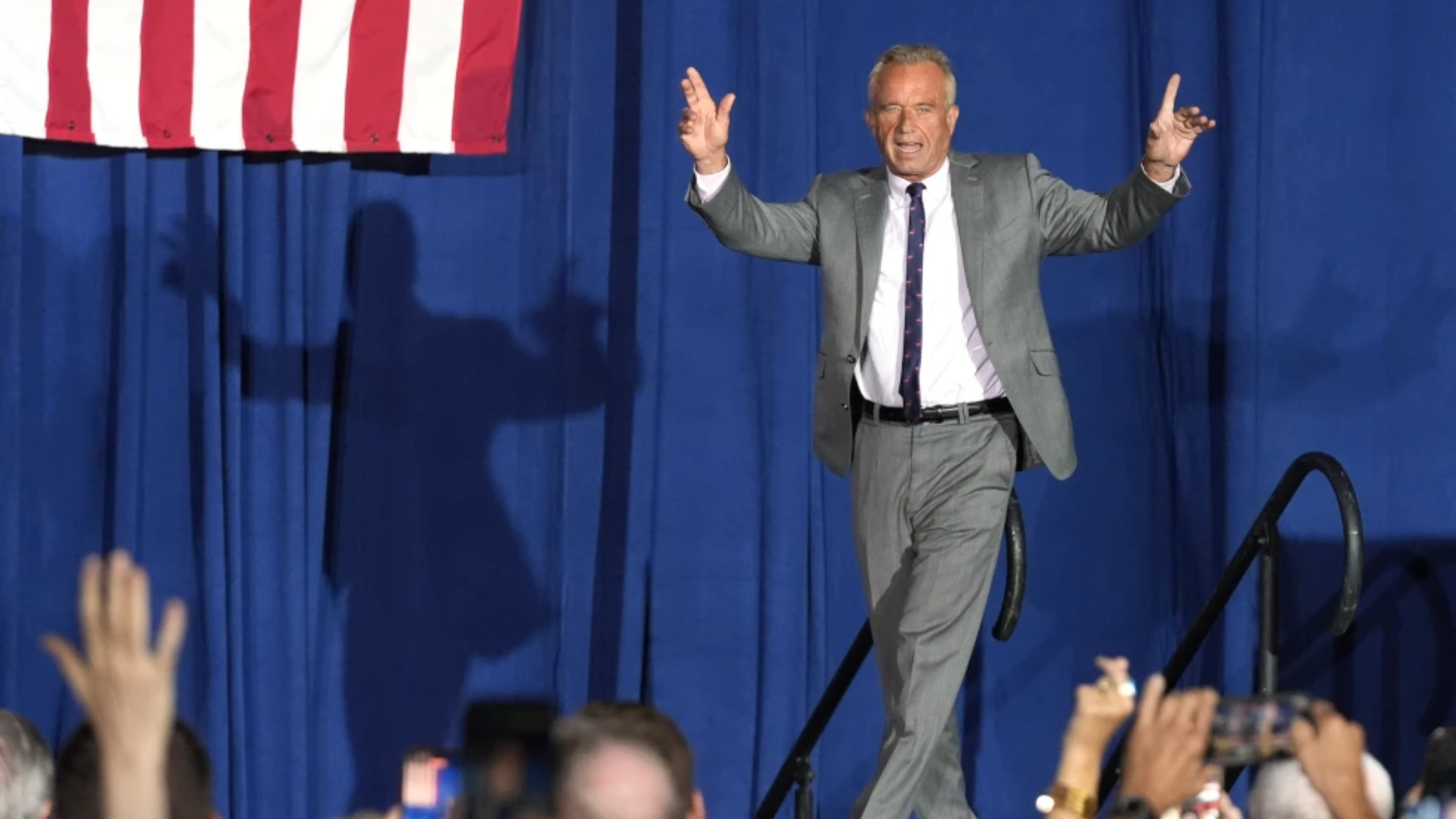WASHINGTON — (CNN) Secretary of Defense Ash Carter, who arrived in Baghdad Monday, announced that the U.S. is sending 560 additional troops to Iraq as part of the battle against ISIS.
The troops will be stationed at the key recently recaptured Qarayyah airfield, which is about 25 miles south of Mosul.
The new troop cap will be 4,647. President Barack Obama approved the deployment. A senior U.S. military official said this is what Gen. Sean MacFarland asked for and not to discount additional requests in the future.
Carter arrived in Baghdad to discuss the Iraqi army’s plans — including U.S. involvement — to retake the northern Iraqi city of Mosul, which has been in ISIS hands since June 2014.
On the flight to the Iraqi capital, Carter discussed the seizure of the Qarayyah airfield from ISIS, saying that Iraqi forces’ control of the installation will likely lead to the establishment of a logistics hub, which would provide Iraqi troops with U.S. support.
Iraqi forces, backed by U.S.-led airstrikes, retook the air base near Mosul from ISIS, Iraqi Prime Minister Haider al-Abadi said Saturday.
The recapture of Qarayyah, one of the biggest air bases in Iraq, is seen as a breakthrough in the mission to liberate Mosul, and comes just weeks after Iraq declared it had regained full control of Falluja, ISIS’ main stronghold in the country, as the militant group loses more ground.
Iraqi officials say they will move the headquarters for the liberation of Mosul to Al-Qayarra, and its airstrip will bring Iraqi and coalition aircraft that much closer to the city.
“I certainly expect, and in fact it’s happened just in the last 24 hours, the seizure of the Qayyarah West Airfield,” Carter said en route to Baghdad.
“Its purpose is to create a logistics hub there, so there will be U.S. logistics support. That’s one of its purposes for being there, to help consolidate that, and it has.”
U.S. involvement?
He also reiterated that U.S. forces would accompany an assault — in an advisory capacity — on Mosul, Iraq’s second largest city and the largest in Iraq under ISIS control.
“U.S. units are prepared to advise and accompany to the battalion level, and I announced several months ago, Iraqi forces moving from the south on Mosul,” Carter said. “All of that is part of the campaign plan that we’ve agreed to with Iraqis.”
On this, his fifth trip to the Iraqi capital, Carter was greeted at his plane in Baghdad by U.S. Ambassador to Iraq Stuart Jones and Lt. General Sean MacFarland. MacFarland is commander of the coalition against ISIS in Syria and Iraq.
During a meeting later at the prime minister’s office, Carter expressed condolences to the Iraqi people on behalf of the U.S. for the recent terror attacks in Iraq and said it strengthened his determination to fight ISIS.
Iraqi forced poised to recapture city
Iraqi Defense Minister Khalid Al-Ubaidi, a Mosul native, has declared that “2016 will be the year of the liberation of Mosul and the rest of Iraq.”
Already, in just over a year, Iraq has driven ISIS out of the key cities of Tikrit, Ramadi and Falluja.
Iraqi and Kurdish forces have been training and preparing for the final battle. A new “Nineveh Liberation Operations Center” has been set up to coordinate the offensive, complete with dozens of U.S. and British advisers. Nineveh is the province where Mosul is located. A U.S. artillery unit is also providing cover for operations south of Mosul.
Kurdish forces, or Peshmarga, are already dug in to the east, north and west of Mosul, and Iraqi forces are moving slowly from the south. If previous experience is anything to go by, they’ll probably encircle the city, clearing ISIS from the towns and villages around it, before entering the city proper.
There they can expect the usual combination of ISIS tactics — snipers, suicide bombers, suicide car bombers and thousands of Improvised Explosive Devices (IEDs).
The-CNN-Wire ™ & © 2016 Cable News Network, Inc., a Time Warner Company. All rights reserved.
(Photo: CNN)






















